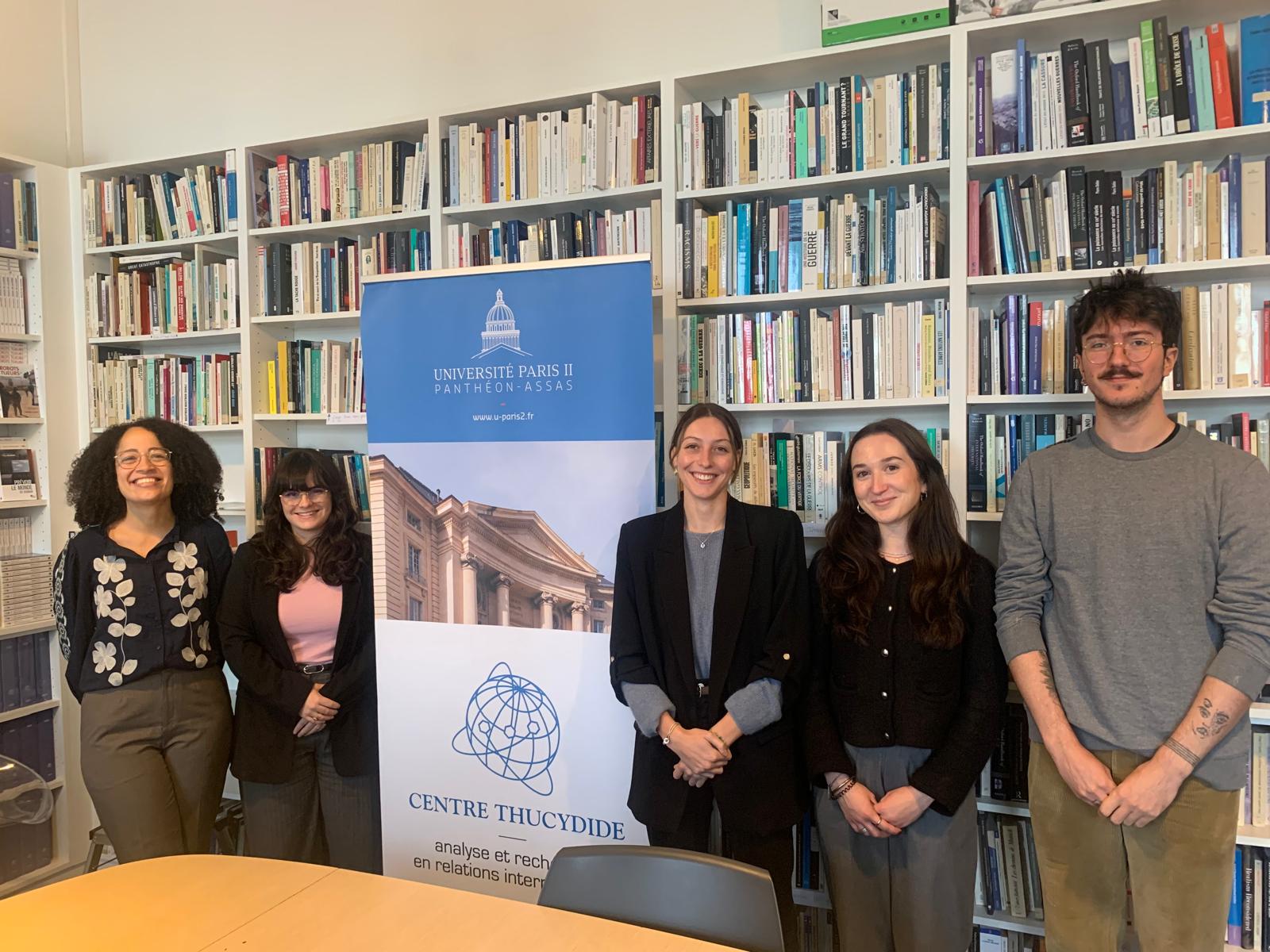How are NICT compatible with the informal economy in Africa ?
In Africa, formal and informal activities are intertwined. The duality between urban areas, connected up to modern networks, and rural areas which are completely remote, depending on local energy: on man and his environment, is a fundamental obstacle to development. Is this global context an asset, or a handicap for the establishment of NICT ? While the liberalization of economies would seem to favour new technologies, the dematerialisation of wireless technology may be of particular advantage in Africa. The true revolution is Cellular phones but the Internet fits with tradesmen social networks. The use of Internet and Cellular phone produce both an outgoing and an inward-going effect. – Summary AFRI-2004




![[Table-ronde de rentrée] Bilan et perspectives stratégiques 2023-2024](https://www.afri-ct.org/wp-content/uploads/2023/10/53203474404_34af8fbdb3_o-scaled.jpg)
